Microsoft has told workers in China to ditch Android and use iPhones – here’s why
Microsoft said it will buy employees iPhones to ensure they use verification or authentication apps when accessing corporate networks

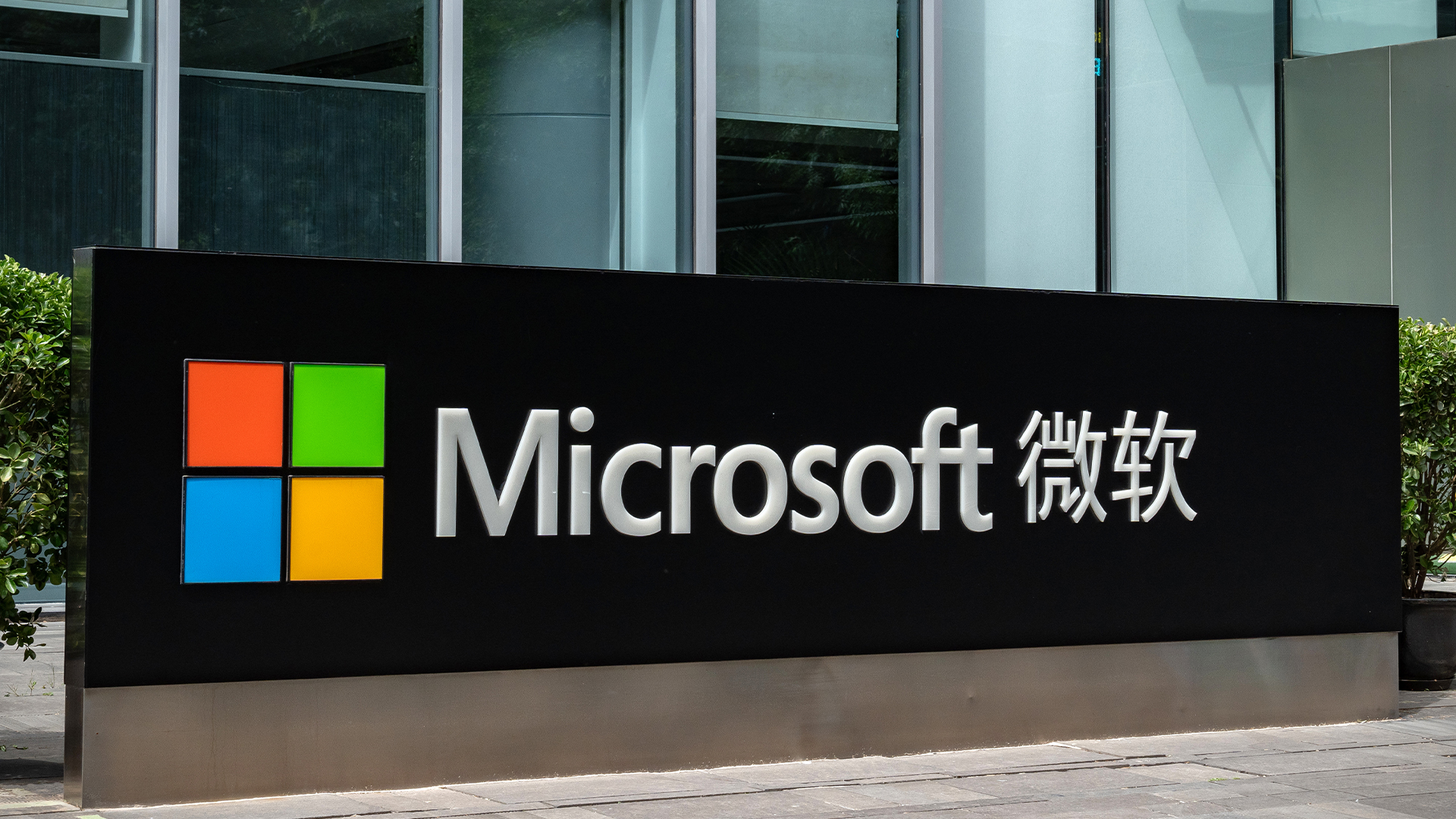
Microsoft employees in China have been told they must ditch Android smartphones in favor of Apple iPhones over security concerns.
To be clear, Microsoft isn't suggesting that smartphones running Google's Android mobile operating system are inherently insecure. Instead, the swap to iPhones stems from China banning the Google Play store, limiting Microsoft employees' ability to download key verification apps.
Apple's App Store, however, is still available.
According to a memo seen by Bloomberg, Microsoft wants its staff to make use of its Identity Pass app and Authenticator password manager when accessing corporate networks, requiring access to an app marketplace.
The report said the move will impact hundreds of Microsoft employees in mainland China, though Microsoft will be supplying the new handsets.
Microsoft confirmed the move and motivation in a statement sent to journalists.
"Microsoft Authenticator and Identity Pass apps are officially available on the Apple and Google Play stores,” the firm said. “Due to the lack of availability of Google Mobile Services in this region, we look to offer employees a means of accessing these required apps, such as an iOS device."
Sign up today and you will receive a free copy of our Future Focus 2025 report - the leading guidance on AI, cybersecurity and other IT challenges as per 700+ senior executives
As other publications have speculated, it's certainly possible for Microsoft to side-load these apps or use local non-Google app markets, such as Tencent. But instead, Microsoft has chosen to simply buy iPhones.
Perhaps that's little surprise given Microsoft has closed its shops in the country, and is reportedly encouraging cloud and AI staff to relocate, amid worsening relations between the US and China.
Ilia Kolochenko, CEO at ImmuniWeb, said the move could also be due to lingering concerns about the safety of open source software products.
"I think this move may be at least partially triggered by the growing lack of Western confidence in open-sourced products, bolstered by the recent XZ Utils backdoor scandal," Kolochenko said.
Microsoft’s latest move to bolster security
The move fits in with Microsoft's wider efforts at securing its own operations under a plan known as the Secure Future Initiative (SFI).
First unveiled in November last year, with an update seen this May, SFI is in response to the "increasing scale and high stakes of cyber attacks," according to executive vice president Charlie Bell in a post in May.
SFI is essentially an effort by Microsoft to shore up security for itself and its customers under a secure by design, by default and by operations framework.
In May, Bell noted that was being expanded to include new priorities, among them protecting people and data using authentication and authorization tools, setting a target for all user accounts and applications to be protected via multi-factor authentication.
RELATED WHITEPAPER

While Microsoft's shift from Android to iPhone in China is specifically to do with access to these verification apps, Android has long been a major target for hackers.
That's in part down to the open Android ecosystem — security risks can be introduced by the myriad hardware manufacturers, or by installing apps from third-party marketplaces, for example.
On the other hand, iOS has long been seen as more secure, partially down to Apple's more locked-down approach, not only manufacturing the phones itself but also constraining access to core code — though it's worth noting that no smartphone offers perfect security against hackers.
“In America, Apple has a better perception of security and privacy compared to Android, although it may not necessarily be true: a properly configured and hardened Android is much more secure than an outdated iOS device,” Kolochenko noted.
Regardless of the phone platform, apps are a key target for hackers, which may be one reason why Microsoft would prefer not to sideload its authentication apps or ask workers to use alternative marketplaces.
Freelance journalist Nicole Kobie first started writing for ITPro in 2007, with bylines in New Scientist, Wired, PC Pro and many more.
Nicole the author of a book about the history of technology, The Long History of the Future.
-
 How the UK public sector could benefit from strategic channel partnerships
How the UK public sector could benefit from strategic channel partnershipsIndustry Insights Is the channel the answer to the growing cost vs budget problem facing the public sector?
-
 Microsoft wants to replace C and C++ with Rust by 2030
Microsoft wants to replace C and C++ with Rust by 2030News Windows won’t be rewritten in Rust using AI, according to a senior Microsoft engineer, but the company still has bold plans for embracing the popular programming language
-
 ‘1 engineer, 1 month, 1 million lines of code’: Microsoft wants to replace C and C++ code with Rust by 2030 – but a senior engineer insists the company has no plans on using AI to rewrite Windows source code
‘1 engineer, 1 month, 1 million lines of code’: Microsoft wants to replace C and C++ code with Rust by 2030 – but a senior engineer insists the company has no plans on using AI to rewrite Windows source codeNews Windows won’t be rewritten in Rust using AI, according to a senior Microsoft engineer, but the company still has bold plans for embracing the popular programming language
-
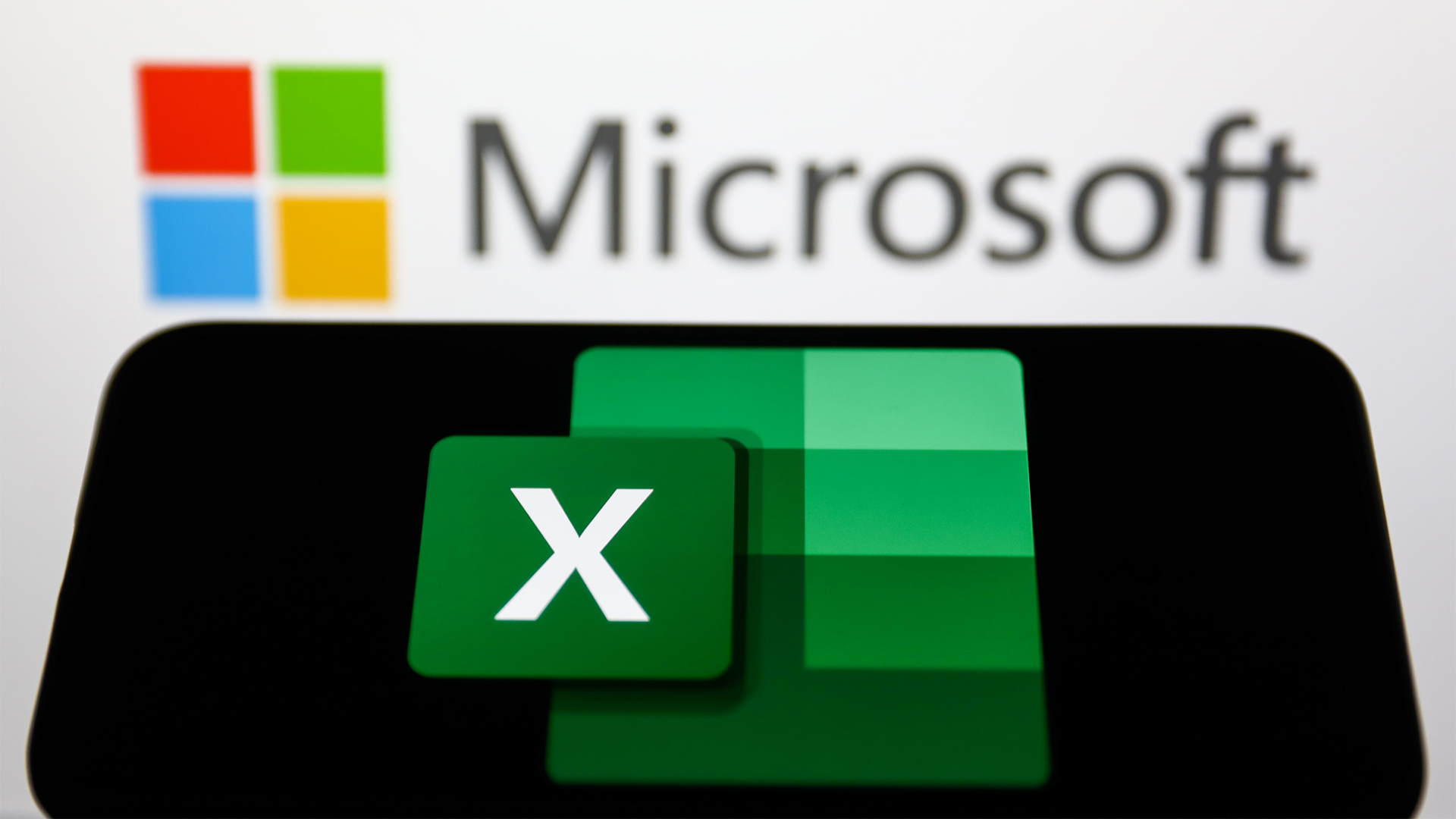 Microsoft Excel is still alive and kicking at 40 – and it's surging in popularity as 82% of finance professionals report ‘emotional attachment’ to the spreadsheet software
Microsoft Excel is still alive and kicking at 40 – and it's surging in popularity as 82% of finance professionals report ‘emotional attachment’ to the spreadsheet softwareNews A recent survey found Gen Z and Millennial finance professionals have a strong “emotional attachment” to Microsoft Excel
-
 Microsoft’s Windows chief wants to turn the operating system into an ‘agentic OS' – users just want reliability and better performance
Microsoft’s Windows chief wants to turn the operating system into an ‘agentic OS' – users just want reliability and better performanceNews While Microsoft touts an AI-powered future for Windows, users want the tech giant to get back to basics
-
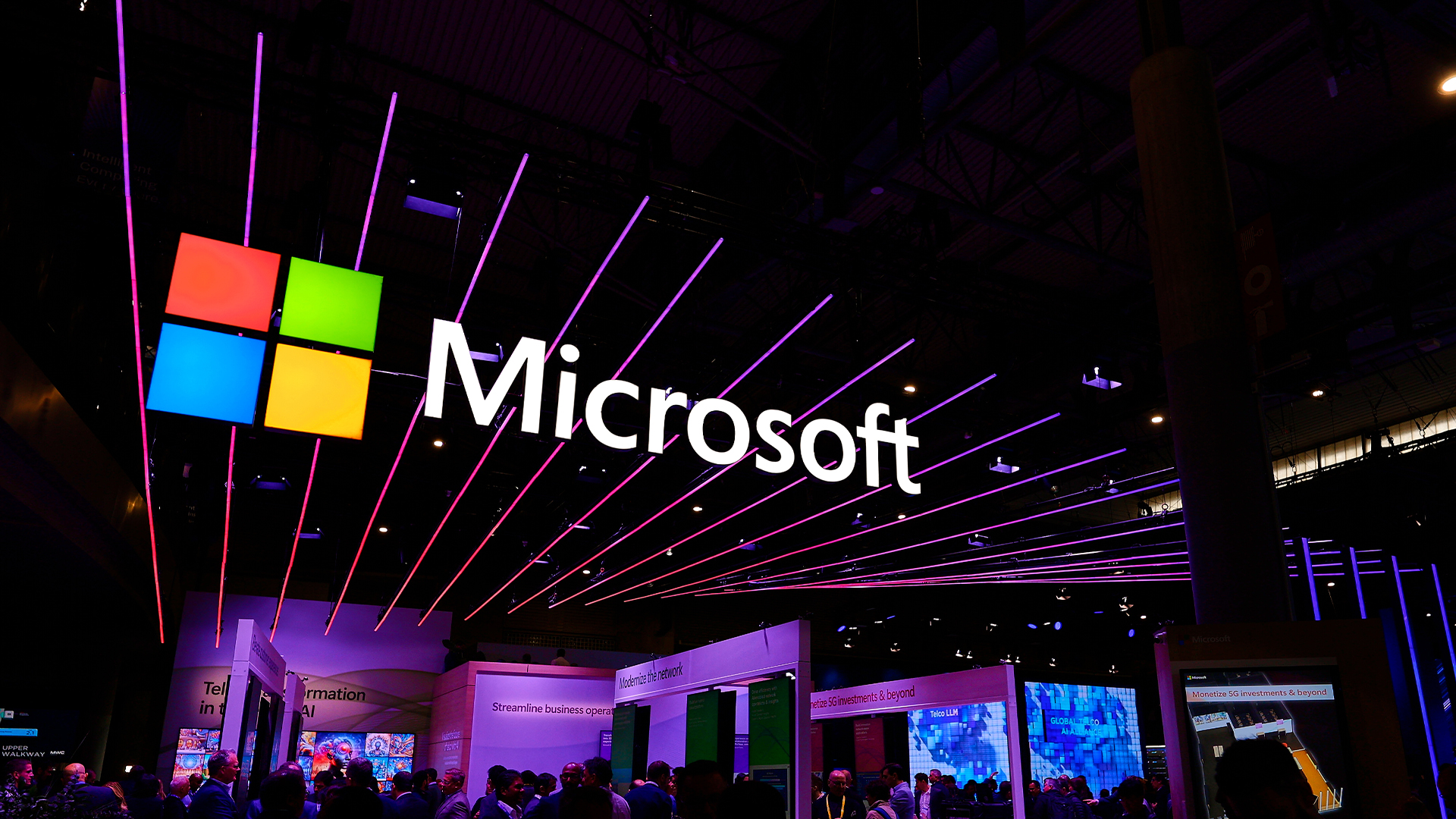 Microsoft 365 price hikes have landed the tech giant in hot water
Microsoft 365 price hikes have landed the tech giant in hot waterNews Australian regulators have filed a lawsuit against Microsoft for allegedly misleading users over Microsoft 365 pricing changes.
-
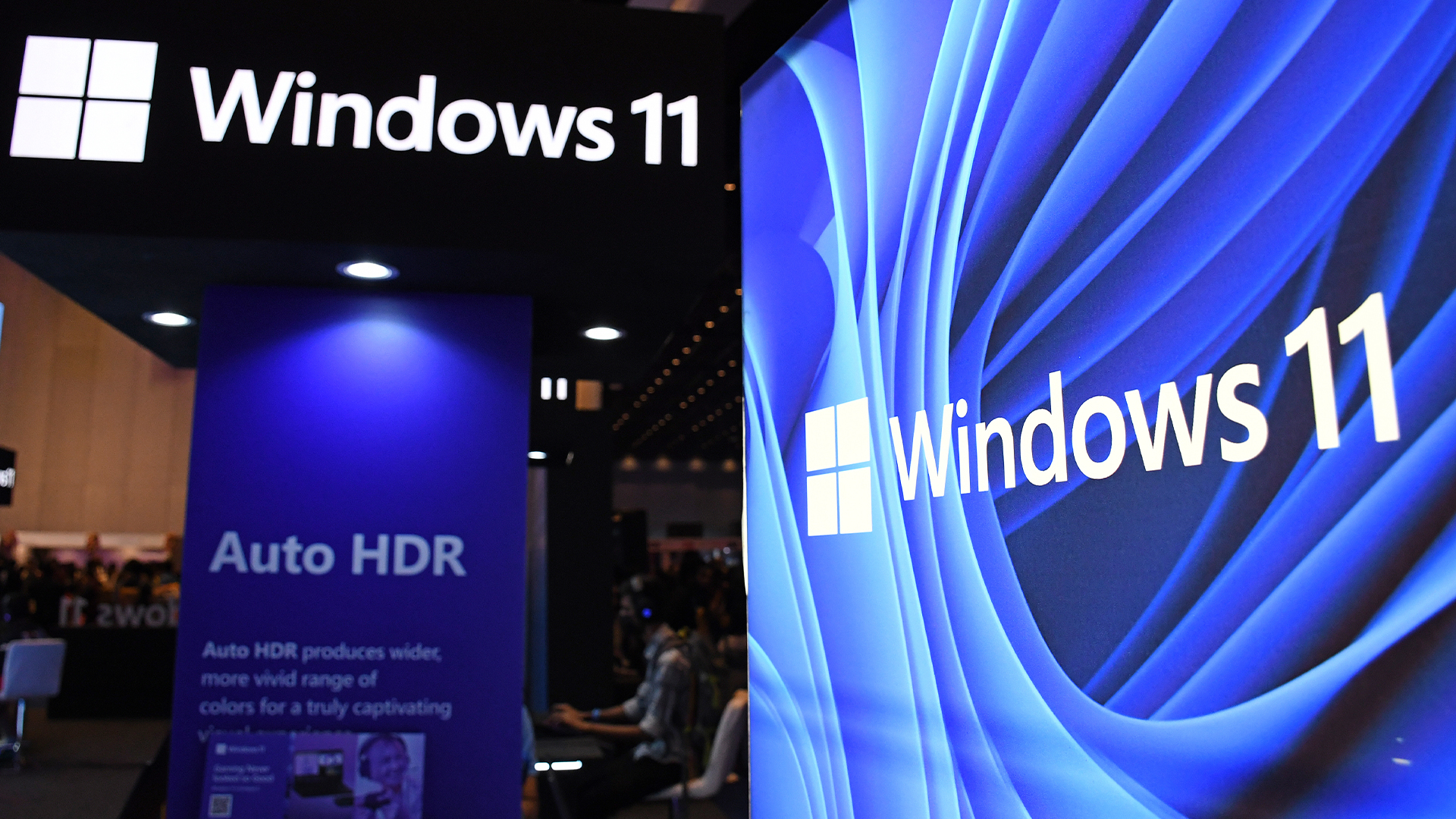 Microsoft issues fix for Windows 11 update that bricked mouse and keyboard controls in recovery environment – here's what you need to know
Microsoft issues fix for Windows 11 update that bricked mouse and keyboard controls in recovery environment – here's what you need to knowNews Yet another Windows 11 update has caused chaos for users
-
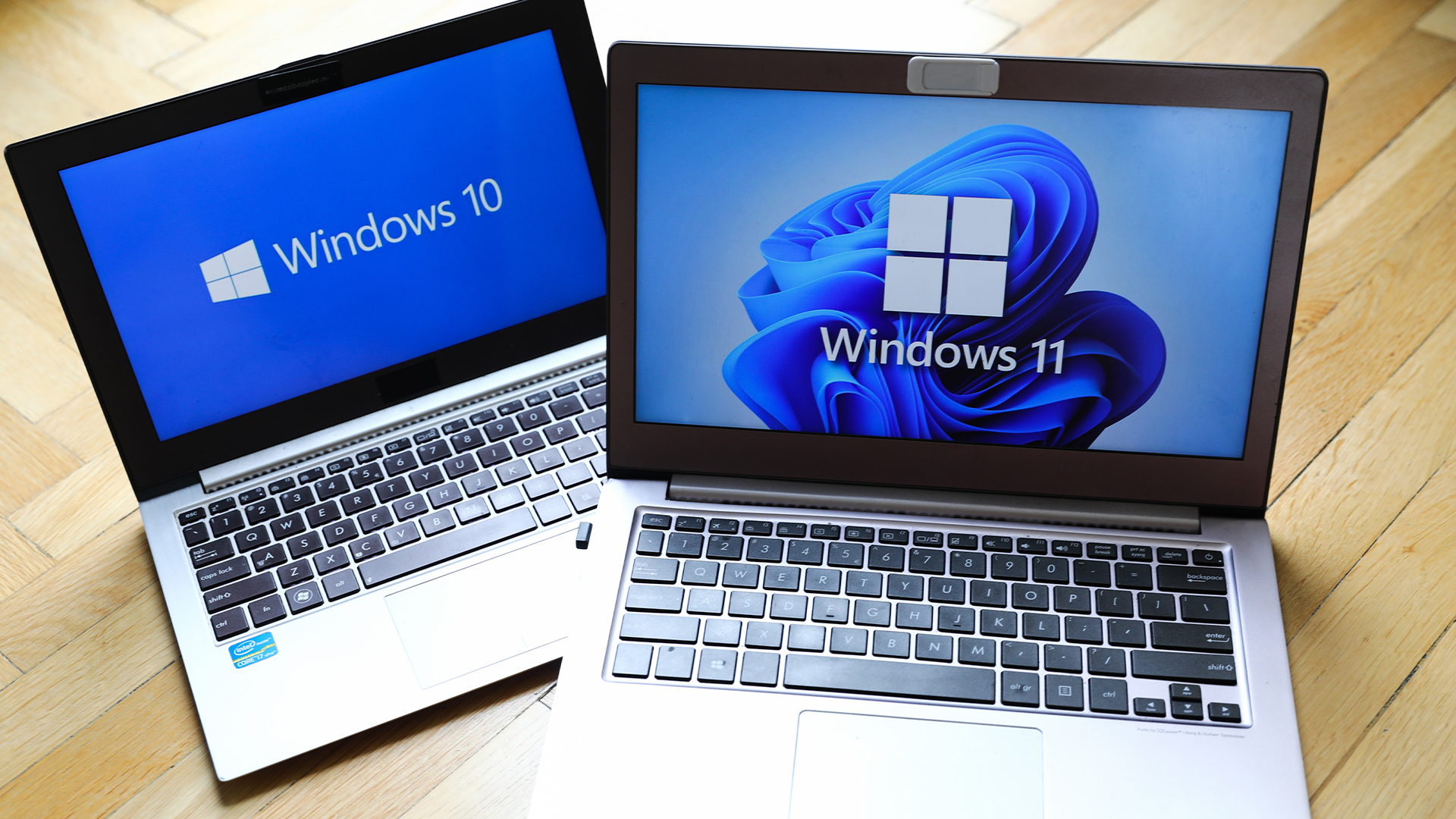 Windows 10 end of life could create a major e-waste problem
Windows 10 end of life could create a major e-waste problemNews The study marks the latest Windows 10 end of life e-waste warning
-
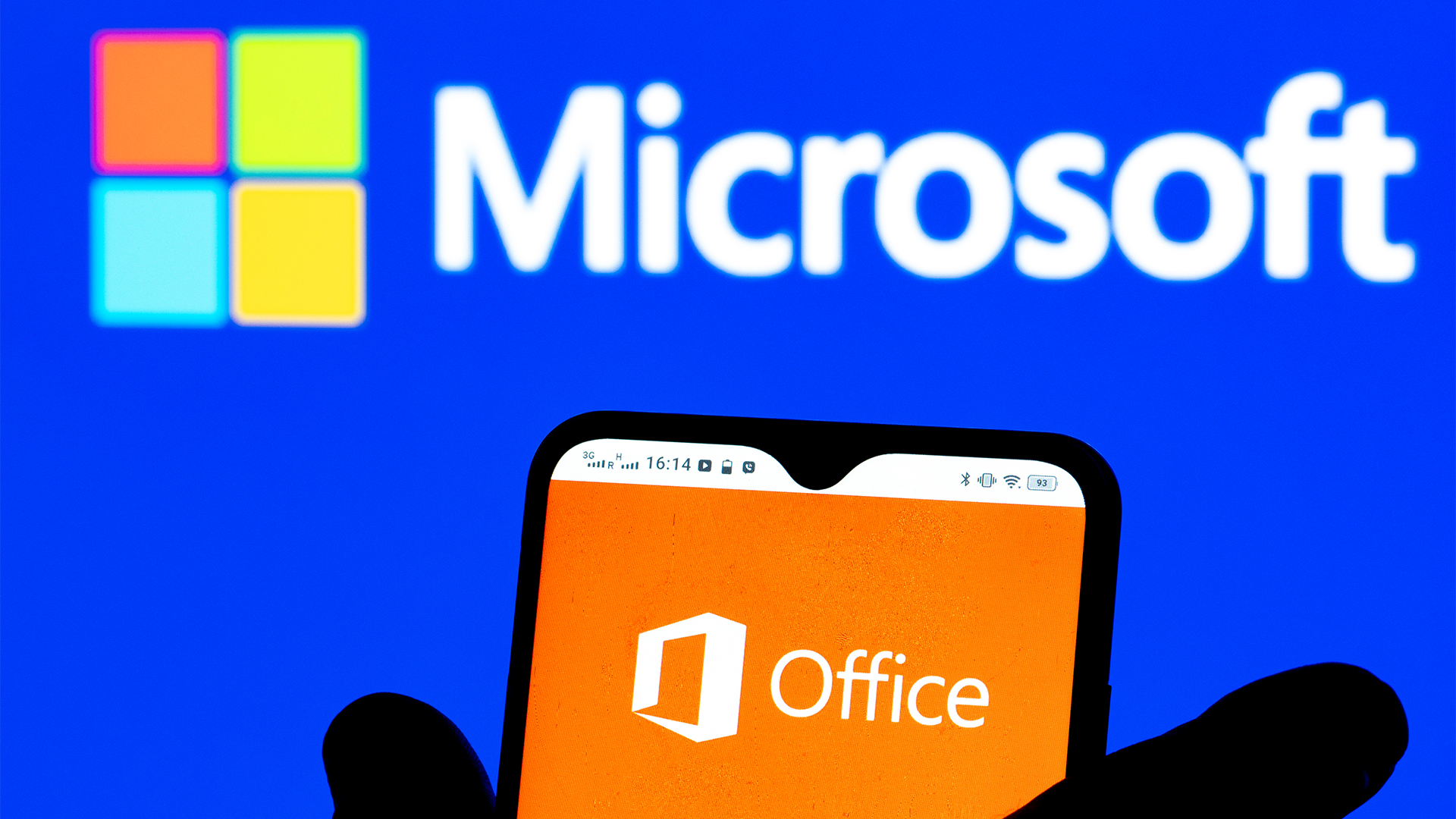 Microsoft Office 2016 and 2019 are heading for the scrapheap next month – but there could be a lifeline for those unable to upgrade
Microsoft Office 2016 and 2019 are heading for the scrapheap next month – but there could be a lifeline for those unable to upgradeNews The tech giant has urged Office 2016 and Office 2019 users to upgrade before the deadline passes
-
 UK government programmers trialed AI coding assistants from Microsoft, GitHub, and Google – here's what they found
UK government programmers trialed AI coding assistants from Microsoft, GitHub, and Google – here's what they foundNews Developers participating in a trial of AI coding tools from Google, Microsoft, and GitHub reported big time savings, with 58% saying they now couldn't work without them.
